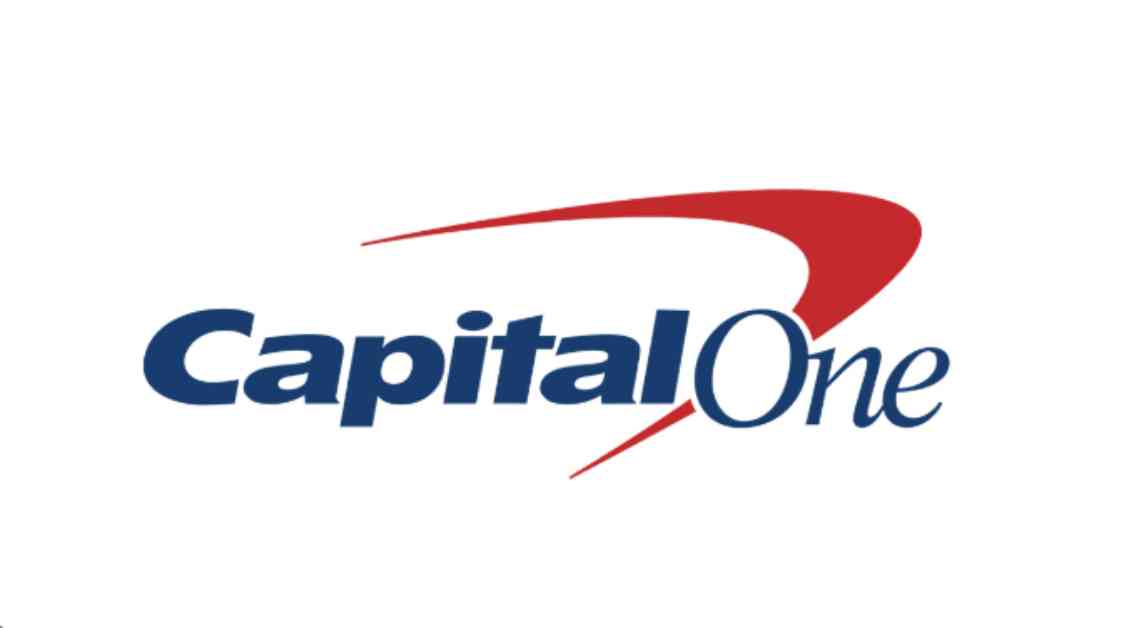WASHINGTON, D.C. — In a shocking turn of events, the Consumer Financial Protection Bureau (CFPB) has filed a federal lawsuit against Capital One, N.A., and its parent company, Capital One Financial Corp., for allegedly deceiving millions of consumers out of more than $2 billion in interest payments.
Capital One’s Deceptive Practices
The CFPB claims that Capital One enticed customers with the promise of a top-tier interest rate through its flagship “360 Savings” account. However, as interest rates across the nation began to rise, Capital One kept the rate frozen at a low level. Simultaneously, the bank introduced a new product, “360 Performance Savings,” which offered significantly higher interest rates, at times more than 14 times the rate of the 360 Savings account. Shockingly, many 360 Savings accountholders were not informed about this new, better-paying alternative, leading to over $2 billion in lost interest payments.
CFPB’s Allegations and Response
In response to these allegations, CFPB Director Rohit Chopra condemned Capital One’s actions, stating, “Banks should not be baiting people with promises they can’t live up to.” The CFPB’s lawsuit seeks to put an end to Capital One’s deceptive practices, compensate affected consumers, and impose civil penalties on the company.
Capital One’s History and Marketing Tactics
Capital One, N.A., a national bank with over $480 billion in assets, acquired online bank ING Direct USA in 2012, rebranding its popular online savings account as “360 Savings” in 2013. Marketed as a high-interest account, 360 Savings initially promised customers competitive rates but failed to deliver on this commitment, while simultaneously introducing the higher-yielding 360 Performance Savings account without proper notification to existing accountholders.
It is crucial to hold financial institutions accountable for their actions to ensure consumer protection and fair practices in the banking industry. The CFPB’s enforcement action against Capital One serves as a reminder that deceptive practices will not be tolerated, and consumers deserve transparency and honesty from the institutions they trust with their finances.









